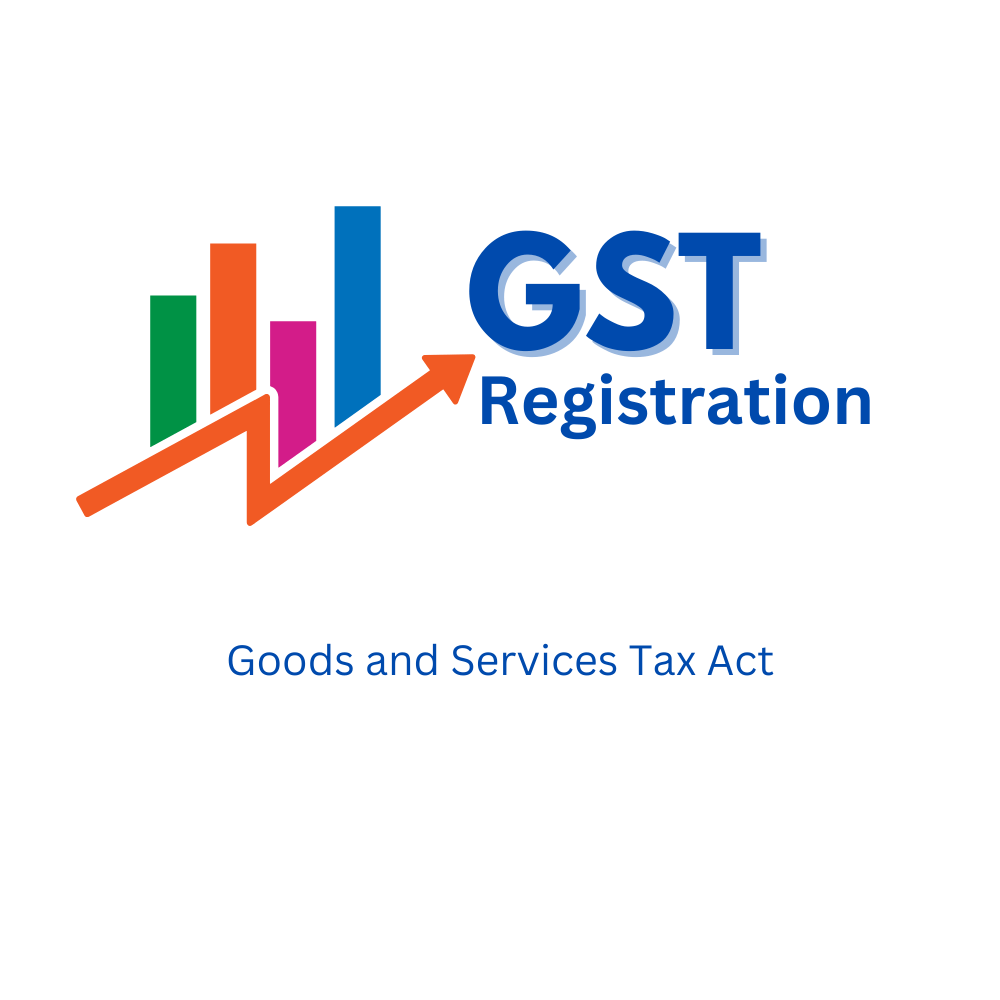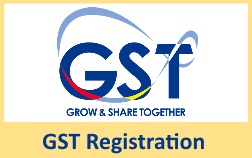Comprehensive Guide to the very best GST Registration Services in Singapore
Comprehensive Guide to the very best GST Registration Services in Singapore
Blog Article
From Beginning to End Up: The Ultimate Roadmap to GST Enrollment for Services Looking For Financial Security
Navigating the intricacies of Item and Provider Tax Obligation (GST) enrollment is an essential action for organizations making every effort for monetary stability. From comprehending the essential principles of GST to abiding with post-registration standards, the process can seem daunting in the beginning glimpse. Breaking down the roadmap into convenient steps can improve the registration trip for businesses looking to boost their financial standing. Let's discover the crucial parts that compose this supreme roadmap and find how each stage contributes to laying a strong structure for monetary success.
Comprehending GST Fundamentals
Exploring the fundamental concepts of Goods and Services Tax (GST) is necessary for obtaining an extensive understanding of its ramifications on businesses and the economy. GST is a value-added tax obligation levied on many items and services for domestic usage. It has actually changed multiple indirect tax obligations that existed in the pre-GST period, improving the tax obligation structure and boosting simplicity of doing organization in India. Under the GST system, both solutions and products are taxed at a certain rate, which is determined based upon their classification. If their annual turnover surpasses the threshold limitation established by the government, businesses are needed to register for GST. Input Tax Credit Scores (ITC) is a significant feature of GST, allowing companies to assert credit report for tax obligations paid on inputs, reducing the overall tax worry. Recognizing the fundamentals of GST is crucial for businesses to follow tax policies, manage their financial resources efficiently, and contribute to the nation's economic development by taking part in a transparent tax system.
Eligibility Requirements for Registration
As of the present policies, the threshold limit for GST registration is a yearly aggregate turnover of 40 lakhs for companies running within a state, other than for unique category states where the restriction is 20 lakhs. Furthermore, particular services are called for to register for GST irrespective of their turn over, such as interstate suppliers, casual taxed individuals, and companies responsible to pay tax under the reverse charge device. It is crucial for organizations to extensively examine their turn over and purchase kinds to identify their GST enrollment responsibilities accurately.
Documents Required for Registration
Having actually fulfilled the qualification criteria for GST enrollment, companies need to currently guarantee they have the requisite records in place to continue with the enrollment procedure successfully. discover this info here The records needed for GST registration usually consist of evidence of business why not try here constitution, such as collaboration action, enrollment certificate, or consolidation certification for various types of organizations. In addition, services need to supply documents developing the primary place of service, such as a rental arrangement or electrical energy costs.
Step-by-Step Registration Process
Commencing the GST registration process entails a collection of organized actions to ensure a smooth and certified enrollment for companies. The initial step is to see the GST portal and fill out the enrollment type with accurate details of the organization entity. Following this, the candidate gets a Short-lived Recommendation Number (TRN) which is used to resume the application process if it's not completed in one go.
Following, all required files as per the checklist provided by the GST portal demand to be published. These documents commonly include proof of business registration, address and identification evidence of promoters, economic declarations, and company entity's frying pan card.

Post-Registration Compliance Standards

Conclusion
Finally, companies seeking monetary security must comprehend the basics of GST, fulfill qualification requirements, gather required papers, comply with the detailed enrollment procedure, and abide by post-registration standards - Best GST registration services in Singapore. By adhering to these actions, services can ensure conformity with tax obligation regulations and preserve economic security in the future
In addition, particular organizations are called read this article for to register for GST regardless of their turn over, such as interstate distributors, informal taxable persons, and organizations accountable to pay tax obligation under the reverse fee device.Having actually fulfilled the eligibility requirements for GST registration, organizations must now ensure they have the requisite papers in place to proceed with the enrollment procedure successfully. The papers required for GST registration typically include proof of company constitution, such as partnership act, registration certification, or consolidation certificate for different kinds of organizations. In addition, businesses require to supply documents developing the major area of business, such as a rental arrangement or electrical energy expense.Commencing the GST registration procedure includes a collection of structured actions to ensure a smooth and compliant registration for services.
Report this page